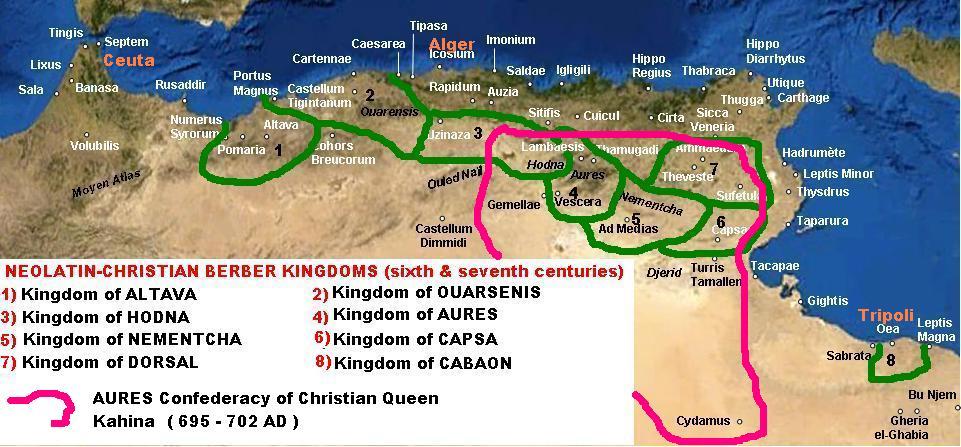Imagine a world where the 7th century had gone somewhat differently, where the Arabs had successfully taken Constantinople (how much of the Byzantine Empire in Anatolia and Southeastern Europe would stay under Arab control long-term is up for debate), but the Arab conquests of North Africa had petered out after Egypt. Firstly, how plausible is such a scenario?
Secondly, what would be the implications for the Roman Empire? At the time, the empire had organized its still-extensive possessions in Italy and North Africa into the Exarchates of Ravenna and Africa, respectively. With the core of the empire under Muslim rule, what would come of the Roman possessions in the Western Mediterranean (again, assuming the Arab conquests had halted, at least in the short-to-medium term). Would they form into a cohesive entity, separate into an "Italian" Roman Empire and a "North African" Roman Empire, or dissolve entirely? Though much of Italy would still be the target of Germanic invaders, could the Romans i at least Southern Italy and Sicily have held on without support from Constantinople? What would be the broader implications of all of this for the Western Mediterranean - say, for the Franks, Visigoths, etc?
Secondly, what would be the implications for the Roman Empire? At the time, the empire had organized its still-extensive possessions in Italy and North Africa into the Exarchates of Ravenna and Africa, respectively. With the core of the empire under Muslim rule, what would come of the Roman possessions in the Western Mediterranean (again, assuming the Arab conquests had halted, at least in the short-to-medium term). Would they form into a cohesive entity, separate into an "Italian" Roman Empire and a "North African" Roman Empire, or dissolve entirely? Though much of Italy would still be the target of Germanic invaders, could the Romans i at least Southern Italy and Sicily have held on without support from Constantinople? What would be the broader implications of all of this for the Western Mediterranean - say, for the Franks, Visigoths, etc?
